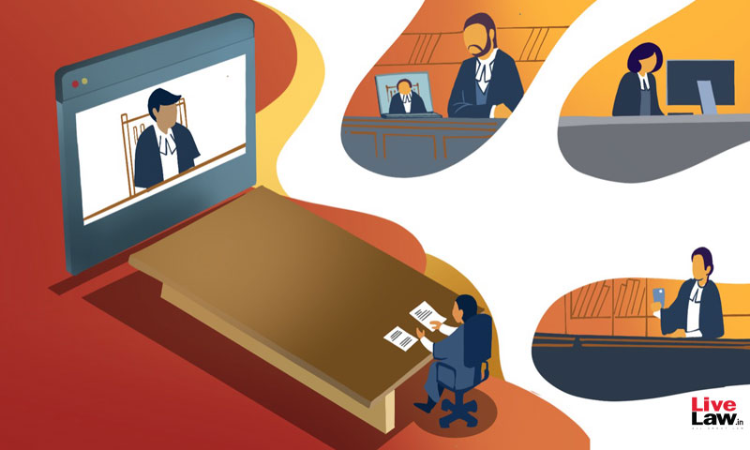Physical hearing in Supreme Court is unlikely to resume from September 1, after barely a handful of lawyers gave their consent in favour of attending physical proceedings inside courtrooms.Certain courtrooms had been readied to resume limited hearings from September 1, in accordance with instructions received from the 7 Judges Committee of Supreme Court. A list of 1000 matters, which would...

